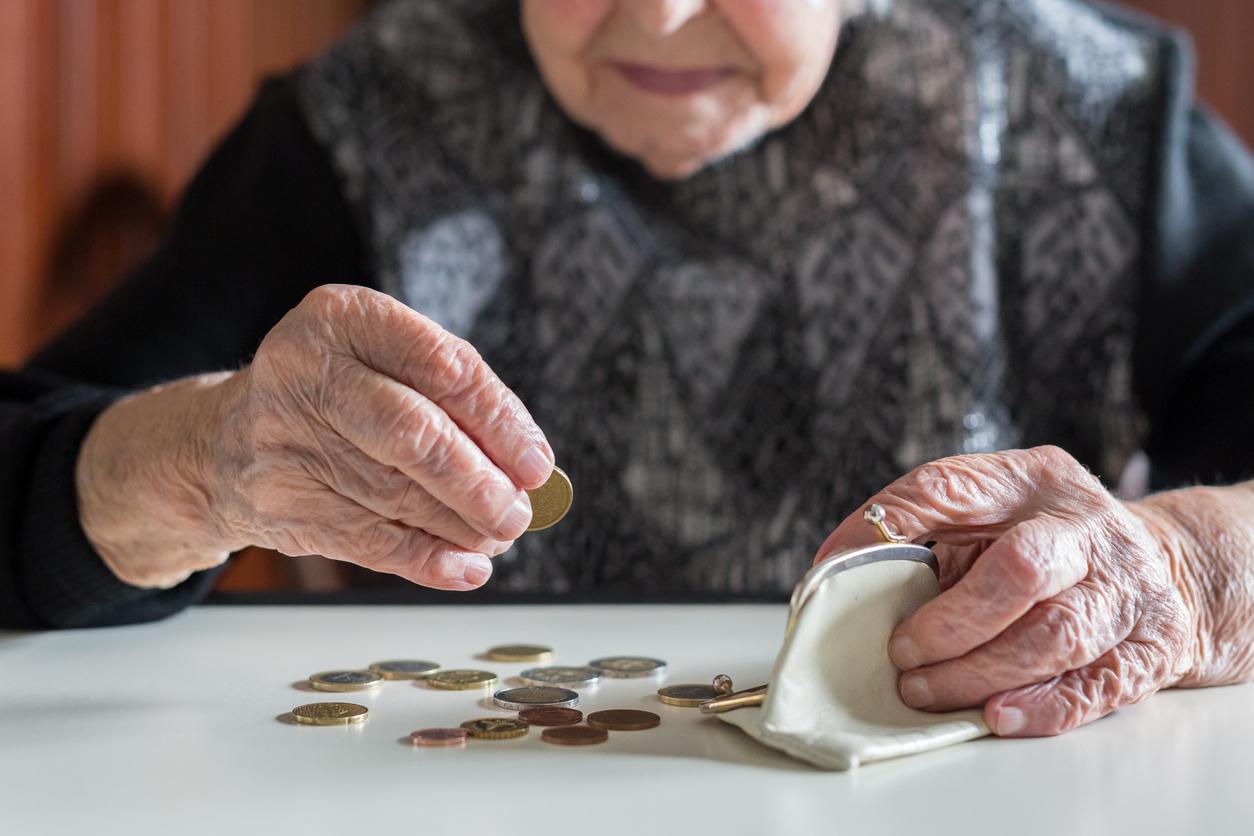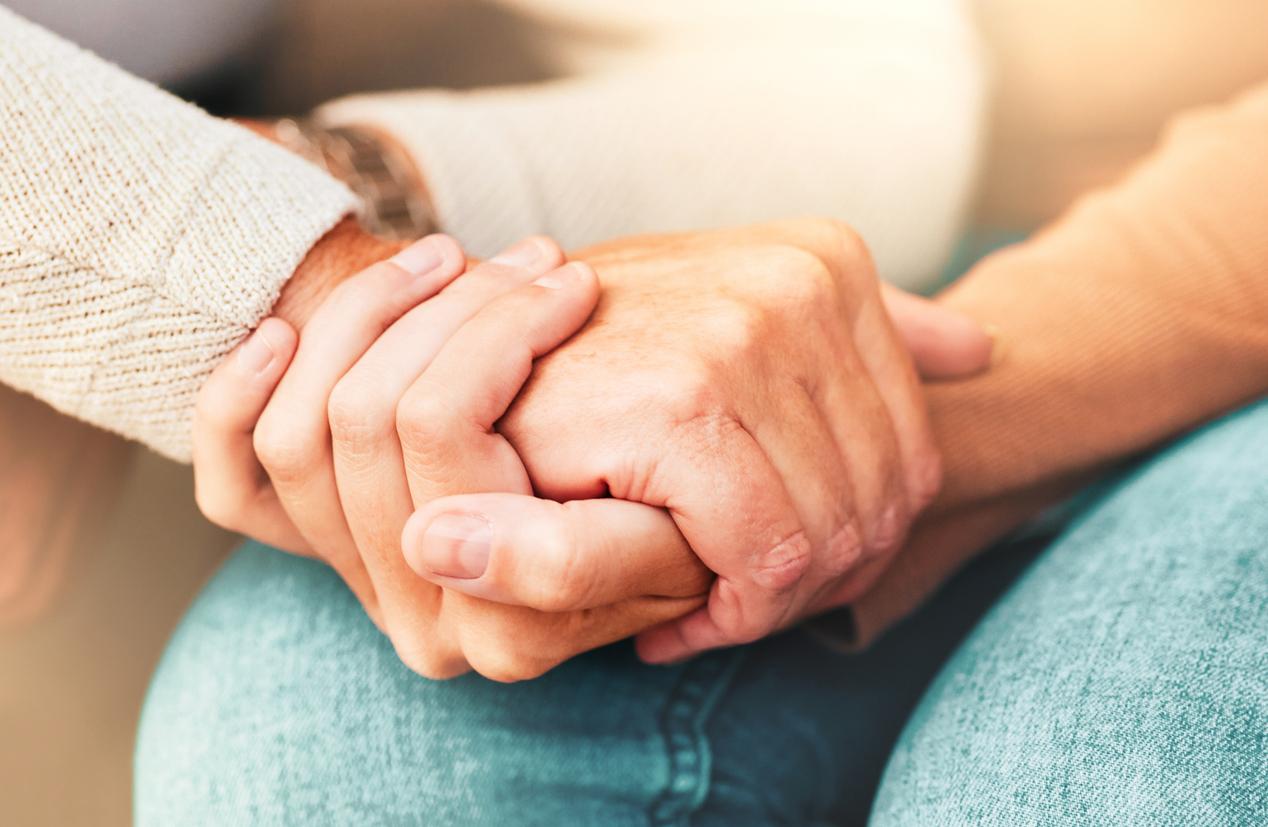No, we don’t have all the body of the Angels from Victoria’s Secrets (it’s even quite rare). So what ? This is the response of more and more women on social networks. Because a woman’s body is not always golden, firm, hairless, smooth, perfect … many campaigns have been launched using benevolent hashtags to help women accept themselves as they are. .
This phenomenon comes in reaction to other trends on social networks which are often inundated with photos of women with perfect bodies, sometimes “photoshopped”, often setting unattainable goals. And the regulations of these platforms only fuel this trend. Jessica Valenti, columnist for The Guardian, stepped up to the plate in one of her articles. She deplores the fact that very sexy images are appropriate but that a woman who posts a photo of herself where she has the audacity to breastfeed, to have your period or being overweight, will be removed from the network or, “to put it more crudely, she blurted out, [seules sont autorisées] pictures of women that men might want to type, please. “
Another subject of controversy, the advertising campaign of the brand of food supplements Protein World, plastered in the London Underground, which displays a woman with the perfect figure by asking the question: “Are you beach body ready”? (“is your body ready for the beach? “), implying that only a woman who looks like James Bond girl has her place on the beach. The response was quick and the #eachbodysready (every body is ready) was launched.
Showing off your body to say that you love it
“All the complexes are difficult to overcome but society makes curvy women particularly guilty “, explains psychologist Maggie Oda, interviewed for Marie France.” Now, to accept your body, that is to say to be tolerant of yourself and of its imperfections is essential, ”she continues.
And bloggers, models and even internet users have resources to learn to accept their imperfections. Thus have developed viral movements such as: #fatkini, calling on curvy women to post pictures of themselves in swimsuits; #LoveYourLines which tackles the taboo of stretch marks; #EffYourBodyStandards, which invites you to review beauty standards; #TakeBackPostPartum, launched by mum of six to show pregnancy leaves brands and that we must not hide from it.
Of course, you have to take care of your body, but for yourself, because you love yourself, and not to look like a so-called ideal of beauty. Youtuber Orion Carloto, at the origin of #BodyPositivity encourages women to love their body, accept it and take care of it in order to be healthy, without endless hounding hairy and marks, which are normal on the skin.
In her book The Body Book, actress Cameron Diaz calls for loving your body for all the amazing things it is capable of and not hating it for everything it is not.
The American Jess Baker, who launched #GlorifyHappiness, also invites Internet users to tell why they love their bodies and he is extraordinary: he gave life, he achieved a sporting feat … raison.
A trend that extends to all spheres
Even the media and fashion, notorious bad pupils when it comes to aesthetic, are starting to adapt to this phenomenon. Women Running magazine featured plus-size model Erica Schenk on the cover of its August issue. Some brands are committed to no longer retouching excessively the photos of their models. This is the case of the Aerie Real lingerie line from American Eagle, which has decided to offer only unretouched photos. His new muse is actress Emma Roberts.
There is also a rumor that the next Victoria’s Secret Angel could be a plus-size model. Something to get everyone to agree, once and for all: we can be sexy, whatever his waistline!
>> To read also:
Video: the ideal female body through the ages
42% of women are proud of their body
Well-being: 4 tips for feeling good at the beach
Long live the rounds: a new site for women without complex
Complex: a campaign to encourage women to return to sport
Slimming: one in two women complexed by her body

















